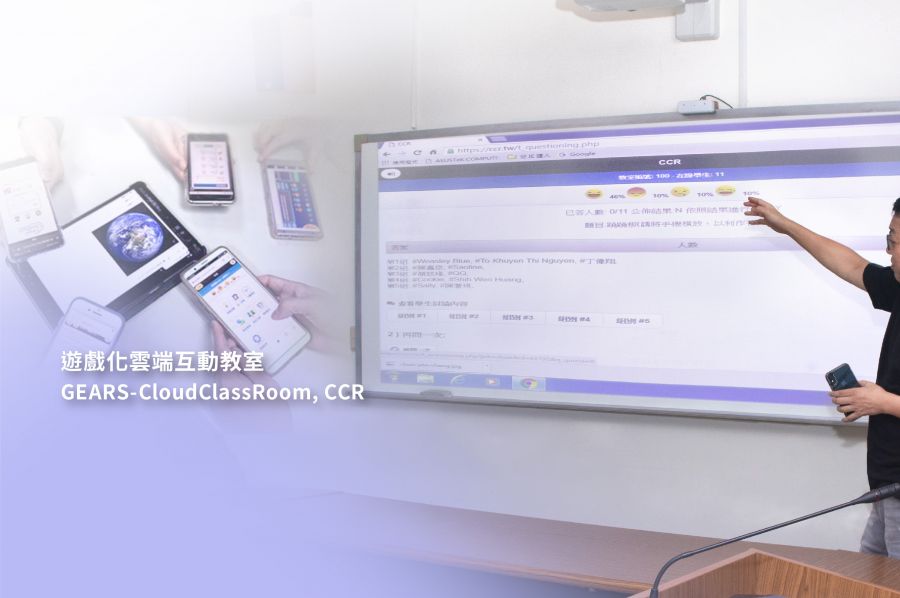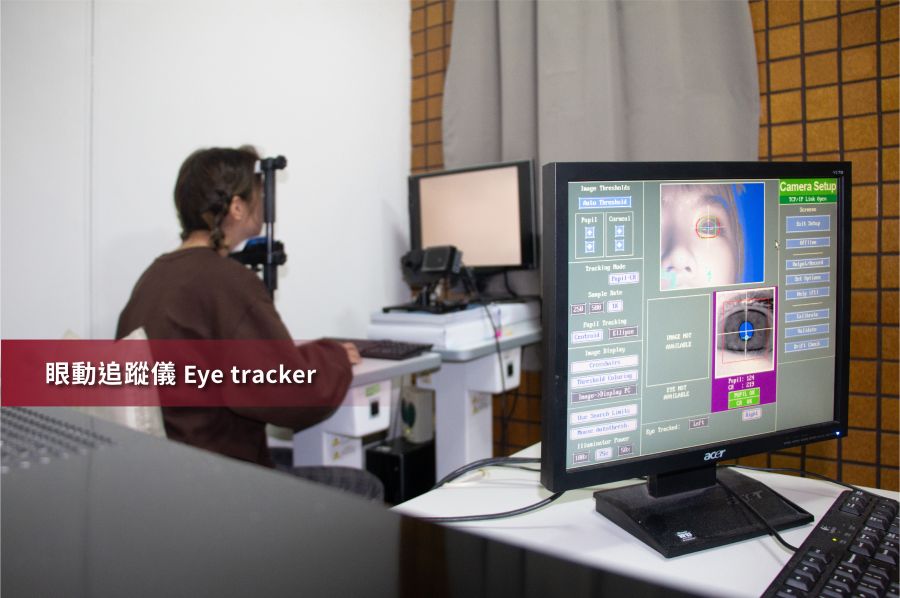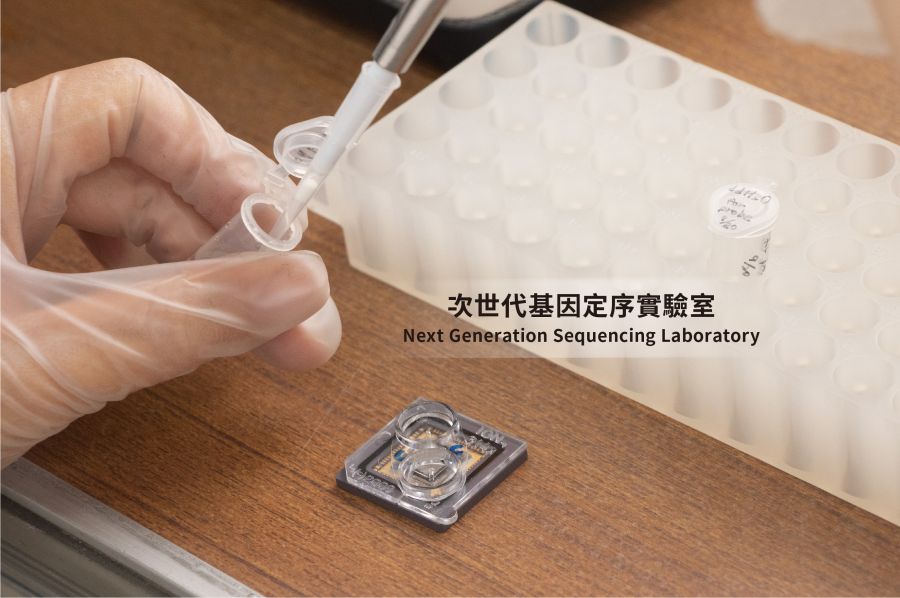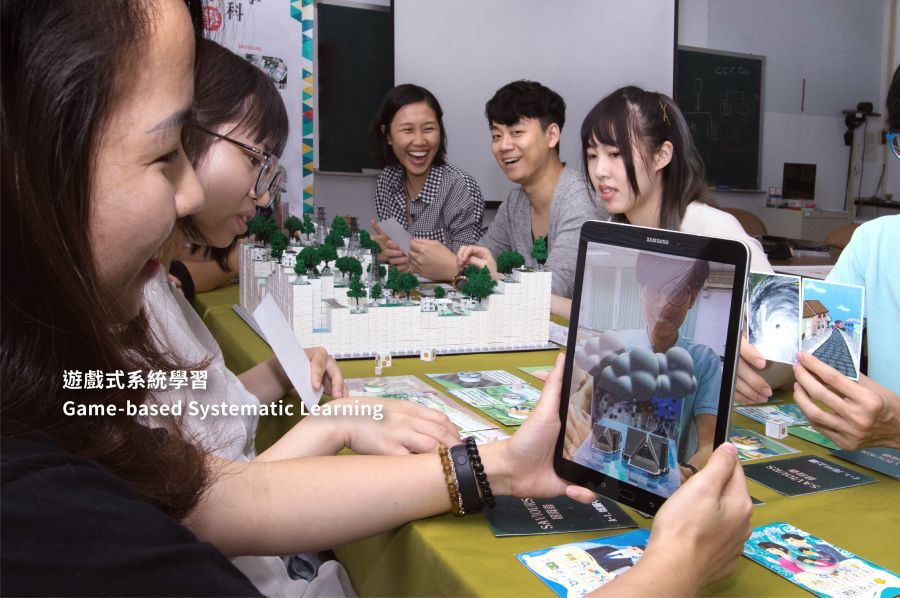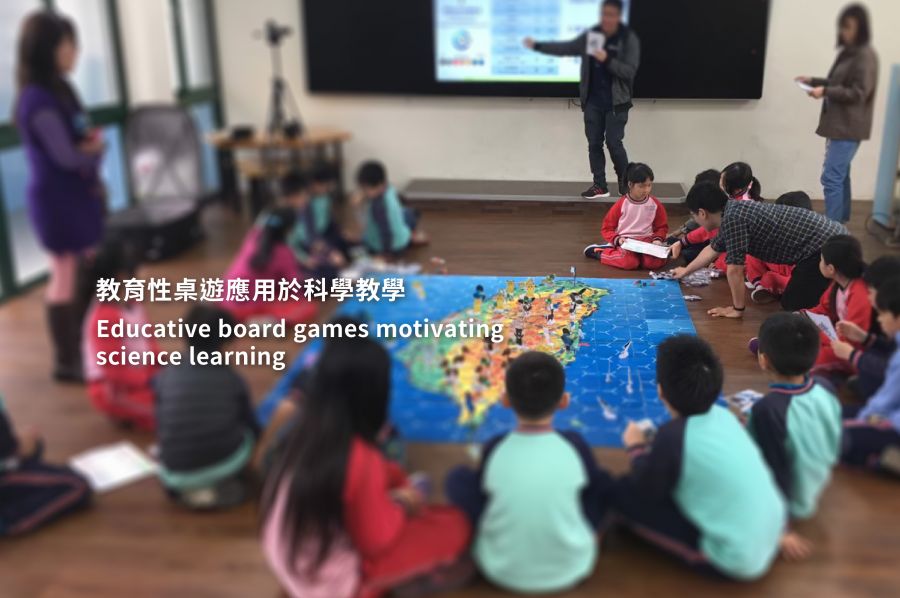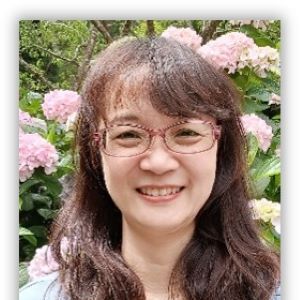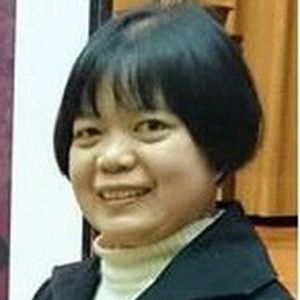Receiving authorization from the Ministry of Education in Taiwan, Graduate Institute of Science Education (GISE) was founded in 1986 and supported by the College of Science in NTNU. Our programs in doctoral degree, and master’s degree were respectively established in 1986, and 1994 . Each programs started to enroll students one year after their establishments.
Our faculty members are composed of five full-time professors (CHANG,Chun-Yen, HSU, Ying-Shao, YANG, Fang-Ying , WU, Hsin-Kai, and LIU, Shiang-Yao) and Three associate professors (YEN, Miao-Hsuan, FANG, Su-Chi, and LIN, Jr-Hung ), One Assistant professor (CHENG, Chia-Hui) . In total, we currently have nine full-time faculty members specializing in different areas of science education.
By June 2024, we have 104 doctoral graduates, and 335 master’s-degree graduates in science education. Most of our graduates serve at the department of college/university, Center of Educational Program, Center of General Education, and primary and secondary schools. Some of them also pursue their careers in museums and public institutes.
Doctoral Degree Program
The graduates of the doctoral program willbe expected to:
1.Demonstrate advanced knowledge for science education research;
2.Function as a competent instructor in college’s science courses and science education courses.
3.Possess command of knowledge which is necessary to general education of mathematics and science.
Master’s Degree Program
The graduates of the master’s degree program will be expected to:
1.Demonstrate knowledge of science education and competency in science teaching.
2.Function as a competent middle, primary and vocational school science teacher.
3.Integrate knowledge of basic sciences and education in order to fulfill other industry’s needs that reflect the breadth and scope of science education practice.
Our faculty members are composed of five full-time professors (CHANG,Chun-Yen, HSU, Ying-Shao, YANG, Fang-Ying , WU, Hsin-Kai, and LIU, Shiang-Yao) and Three associate professors (YEN, Miao-Hsuan, FANG, Su-Chi, and LIN, Jr-Hung ), One Assistant professor (CHENG, Chia-Hui) . In total, we currently have nine full-time faculty members specializing in different areas of science education.
By June 2024, we have 104 doctoral graduates, and 335 master’s-degree graduates in science education. Most of our graduates serve at the department of college/university, Center of Educational Program, Center of General Education, and primary and secondary schools. Some of them also pursue their careers in museums and public institutes.
Doctoral Degree Program
The graduates of the doctoral program willbe expected to:
1.Demonstrate advanced knowledge for science education research;
2.Function as a competent instructor in college’s science courses and science education courses.
3.Possess command of knowledge which is necessary to general education of mathematics and science.
Master’s Degree Program
The graduates of the master’s degree program will be expected to:
1.Demonstrate knowledge of science education and competency in science teaching.
2.Function as a competent middle, primary and vocational school science teacher.
3.Integrate knowledge of basic sciences and education in order to fulfill other industry’s needs that reflect the breadth and scope of science education practice.


